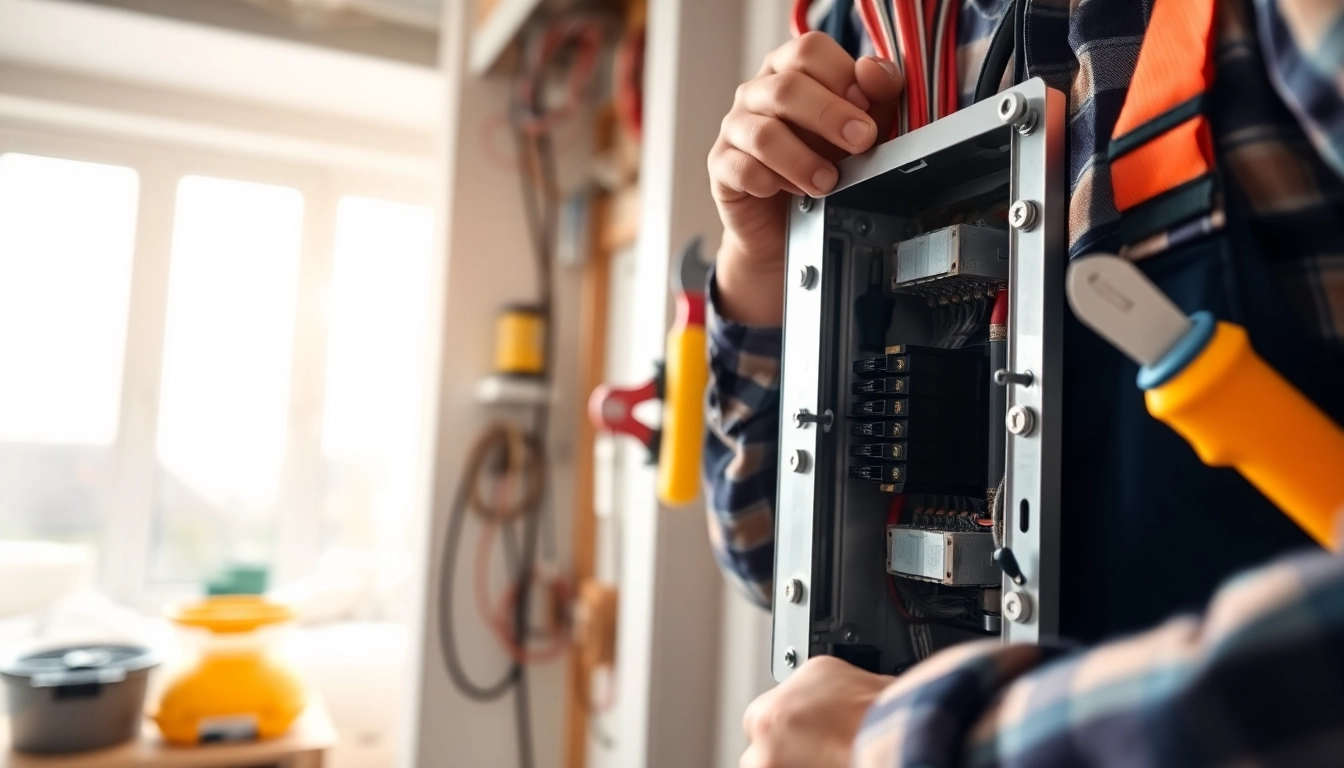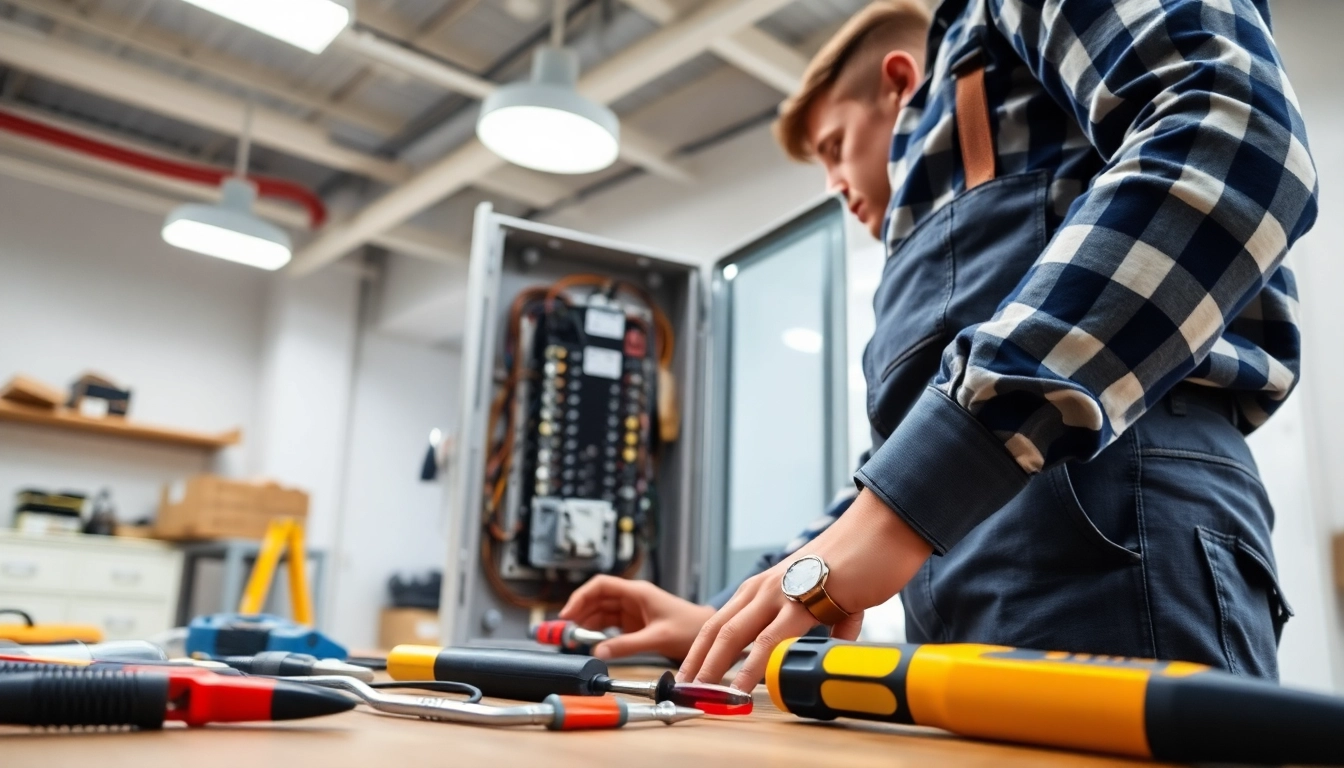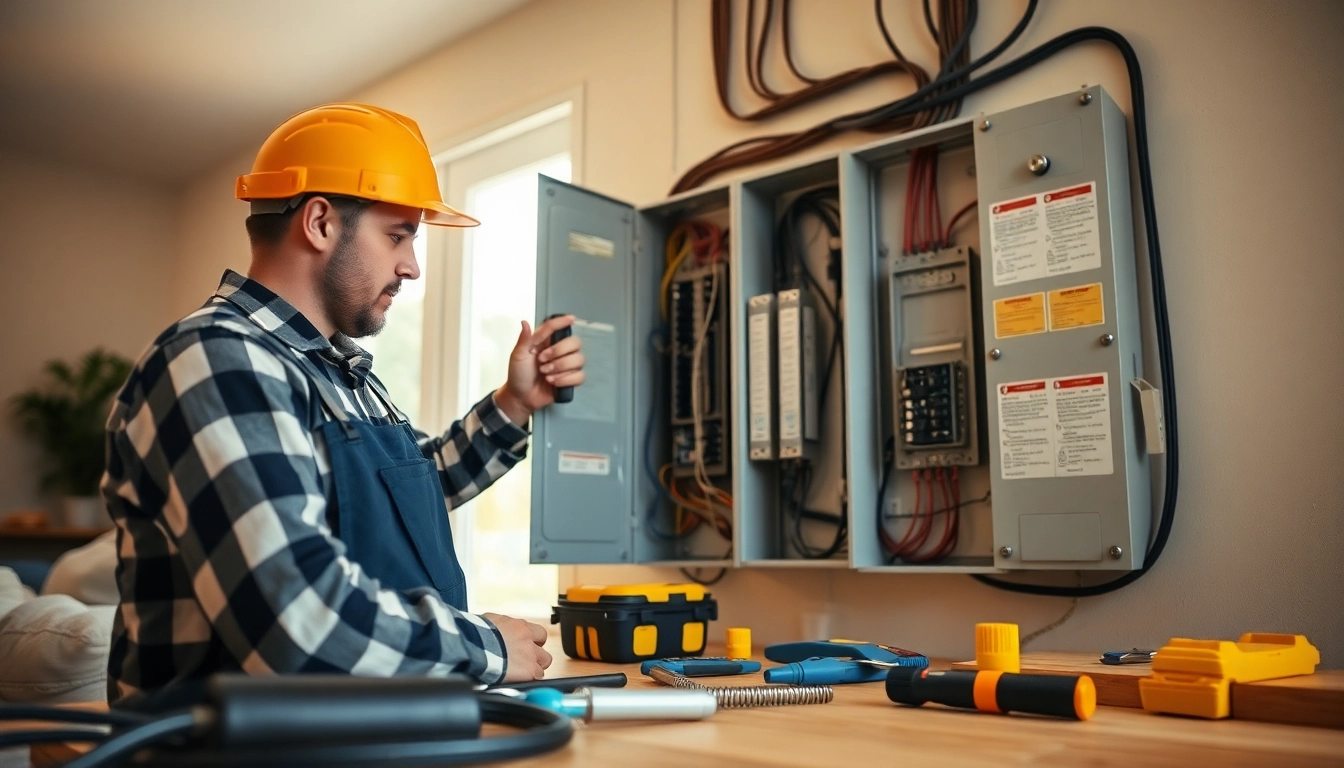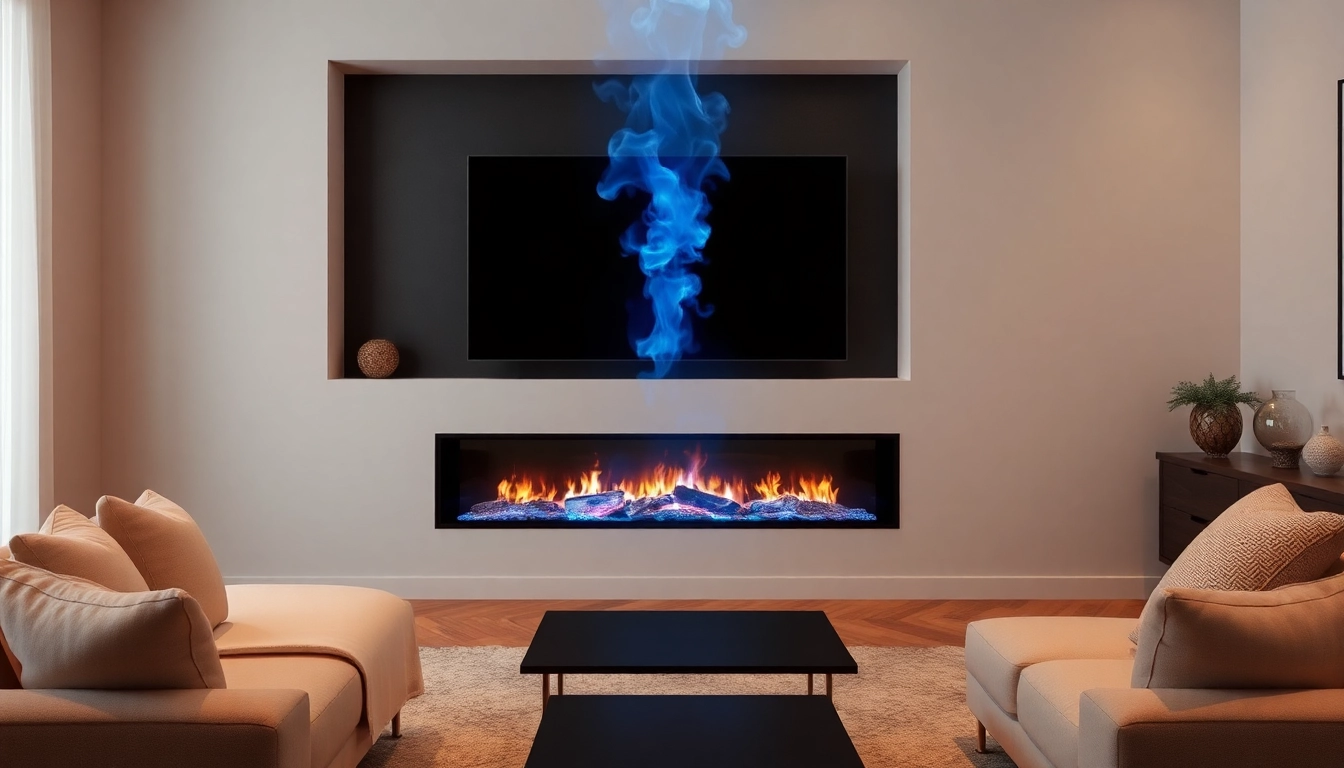Understanding the Importance of an Electrical Panel Upgrade
The electrical panel is the heart of your home’s electrical system. It distributes electricity throughout your living spaces and ensures that each electrical device operates safely and efficiently. However, as energy demands evolve—especially with the growing reliance on advanced technology and electric vehicles—many homeowners find themselves asking whether it’s time to consider an Electrical Panel Upgrade. This article delves into the essential aspects of upgrading your electrical panel and highlights the key benefits and considerations.
Benefits of Upgrading Electrical Panel Capacity
Upgrading your electrical panel capacity can greatly enhance your home’s functionality and safety. Here are some compelling benefits:
- Increased Electrical Capacity: Many older homes have panels with lower amperage (typically 100 amps). Upgrading to a higher amperage panel (200 amps or more) allows for more electrical power to be distributed throughout the home, accommodating modern appliances and devices.
- Reduced Risk of Overloading: An upgraded panel can handle additional circuits, mitigating the risk of overloads that can lead to tripped breakers or electrical fires.
- Improved Safety: Newer electrical panels include advanced safety features that protect against surges and faults, making your home safer for you and your family.
- Enhanced Resale Value: Prospective buyers often view modern electrical systems as a valuable asset, which can increase the resale value of your home.
Common Signs Indicating an Immediate Upgrade
Recognizing the signs that your electrical panel may need an upgrade is crucial for ensuring your safety and efficiency. Common indicators include:
- Frequent Tripped Circuit Breakers: If you’re frequently resetting circuit breakers or blowing fuses, it could be a sign that your current panel can’t handle your electrical needs.
- Flickering Lights: Flickering or dimming lights when major appliances start up can indicate that your panel is overloaded.
- Old or Damaged Panels: Panels that are rusted, cracked, or exhibit burn marks entail a serious safety hazard that necessitates an upgrade.
- Electrical Appliances Overheating: If you notice that your appliances are getting hotter than usual, it may point to wiring issues originating from your electrical panel.
Safety Considerations with Old Electrical Panels
Electrical systems have dramatically evolved over the decades, and outdated panels can pose significant safety risks. For instance, older panels may lack modern safety features, making them less equipped to handle surges or faults, which can lead to fires. Furthermore, circuit breakers in older panels are generally less reliable. Thus, if your home has an old panel, it is wise to consult an electrician and consider an upgrade for your family’s safety.
Evaluating Your Home’s Electrical Needs
Assessing Your Current Electrical Load
Understanding your current electrical load is a vital step in determining whether an upgrade is necessary. Start by calculating your existing electrical consumption. Make a list of all your major appliances and their wattage, then add them up for an accurate picture. This will help you understand if your current panel can meet your needs, especially with the potential addition of more devices.
Future-Proofing Your Home for New Technology
As technology continues to advance, your electrical system must be capable of accommodating new innovations, such as electric vehicles, home automation systems, and high-consumption devices like central air conditioning units. Upgrading your panel is an excellent step towards future-proofing your home and ensuring compatibility with new technologies.
Considering Energy Efficiency Upgrades
Along with enhancing electrical capacity, an upgrade often brings along the potential for better energy efficiency. Modern electrical systems are designed with energy-saving technologies, such as more efficient circuit breakers and wiring, which can significantly reduce your overall energy consumption and lower utility bills. If you are looking to improve energy efficiency, consulting with a professional about the best panel options is a wise move.
The Process of Upgrading Your Electrical Panel
Steps Involved in a Professional Upgrade
The process of upgrading your electrical panel typically involves several key steps:
- Initial Assessment: A licensed electrician will assess your current panel, evaluating your electrical needs and identifying any potential issues.
- Planning the Upgrade: This includes selecting the correct amperage and type of panel suitable for your home, based on current and future demands.
- Obtaining Necessary Permits: The electrician will handle obtaining the required permits from your local authorities, ensuring compliance with safety codes.
- Installation: The installation process includes shutting off power, removing the old panel, and installing the new electrical panel with necessary connections and circuits.
- Final Inspection: After installation, a final inspection will ensure everything is functioning properly and safely.
Permitting and Legal Considerations
Electrical panel upgrades typically require permits, which are crucial for ensuring that all installations adhere to local building codes and safety regulations. Failure to obtain the necessary permits can lead to fines and complications when selling your home. Always consult with a licensed electrician to navigate this aspect of the upgrade process seamlessly.
Choosing the Right Electrical Panel for Your Needs
Selecting the right electrical panel is essential for succeeding in your upgrade. Key factors to consider include:
- Amperage Rating: Depending on your home’s size and electrical load, choose a panel with sufficient amperage—generally, 200 amps is recommended for modern homes.
- Type of Panel: Choose between traditional circuit breakers or newer options like smart panels that provide detailed monitoring and control.
- Manufacturer Reputation: Opt for panels from reputable manufacturers known for safety and reliability, which often come with warranties and support.
Cost Analysis: Is an Electrical Panel Upgrade Worth It?
Factors Influencing Upgrade Costs
The cost of upgrading your electrical panel can vary widely based on several factors:
- Panel Size and Type: Costs increase with larger panels and advanced technologies.
- Labor Costs: Electricians charge varying rates, often influenced by regional market rates and the complexity of the installation.
- Permit Fees: Depending on your location, these fees can add up, especially if additional inspections are required.
- Customization Needs: If custom wiring or additional circuits are necessary, these factors will also impact the total cost.
Potential Savings from Energy Efficiency
While the initial cost of upgrading may seem daunting, it’s essential to consider the potential long-term savings. Energy-efficient systems can help reduce your monthly energy bills significantly, with many modern panels designed to minimize waste. Additionally, the increased reliability and safety can lead to fewer repair costs down the line.
Long-term Value of an Upgraded Panel
An electrical panel upgrade is an investment in your home’s infrastructure. The long-term value includes enhanced safety, reduced risk of electrical fires, and the ability to meet future electrical demands. When considering the potential costs associated with an outdated panel—such as damages from electrical issues and loss of home value—upgrading becomes a very compelling decision.
FAQs About Electrical Panel Upgrades
How Long Does an Electrical Panel Upgrade Take?
The duration of an electrical panel upgrade varies based on the complexity and specific requirements of your upgrade. Generally, the installation can take anywhere from a few hours to a full day, including the necessary preparations and inspections.
Do You Need a Permit for an Electrical Panel Upgrade?
Yes, most locations require a permit for electrical panel upgrades to ensure compliance with safety codes. This typically involves an inspection process, so it’s best to work with a licensed electrician familiar with local regulations.
What Types of Panels Are Available for Upgrades?
There are several types of panels available for upgrades, including traditional circuit breaker panels, smart panels that offer real-time data on energy consumption, and subpanels for additional circuits. Selecting the appropriate panel depends on your specific electrical needs and preferences.














Leave a Reply